Peanut butter is a popular snack among humans due to its delicious taste and health benefits. As a dog owner, you might wonder whether it is safe for your furry friend to indulge in this treat as well.
In this blog post, we will explore whether dogs can eat peanut butter and the potential risks and benefits associated with this food.
Table of Contents
Can Dogs Eat Peanut Butter?
The short answer is yes; dogs can eat peanut butter. Peanut butter is not toxic to dogs and can be a great source of protein, healthy fats, and vitamins. However, not all types of peanut butter are safe for dogs. Some peanut butter brands contain xylitol, a sugar substitute that is toxic to dogs and can cause hypoglycemia, seizures, liver failure, and even death.
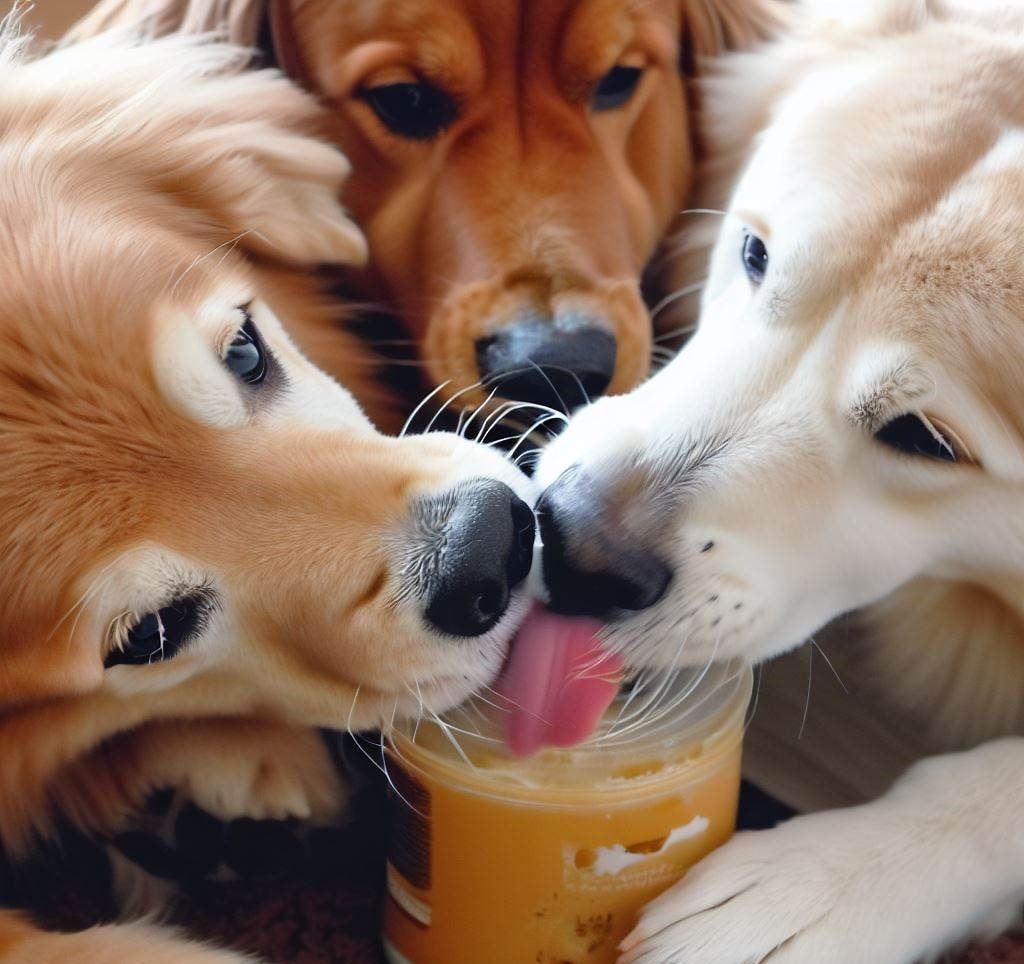
Therefore, it is essential to read the ingredient list carefully before giving your dog peanut butter. Avoid peanut butter containing xylitol and other additives such as salt, sugar, and hydrogenated oils that can harm your dog’s health. Instead, choose a natural peanut butter that is free from added sugar, salt, and preservatives.
Benefits of Peanut Butter for Dogs
Peanut butter can provide numerous health benefits to dogs when given in moderation. Here are some of the benefits of peanut butter for dogs:
- Rich in Protein: Peanut butter is a good source of protein, which is essential for building and repairing muscles and tissues.
- Healthy Fats: Peanut butter contains healthy fats that can help maintain a healthy coat and skin for dogs.
- Vitamins and Minerals: Peanut butter is rich in vitamins B and E, which are essential for a healthy immune system, and minerals such as magnesium, potassium, and phosphorus.
- Mental Stimulation: Peanut butter can be used as a treat for training and mental stimulation, providing a fun and tasty way to keep your dog entertained.
Risks of Peanut Butter for Dogs
While peanut butter can provide numerous benefits to dogs, it is essential to give it in moderation and avoid certain risks. Here are some of the risks of peanut butter for dogs:
- High in Calories: Peanut butter is high in calories and fat, which can lead to obesity and other health problems if given in large amounts.
- Allergies: Some dogs can be allergic to peanuts or other ingredients in peanut butter. Signs of an allergic reaction include itching, swelling, and difficulty breathing.
- Choking Hazard: Peanut butter can be a choking hazard for dogs, especially if given in large amounts or with large chunks of peanut butter.
- Pancreatitis: The high-fat content in peanut butter can lead to pancreatitis, a condition in which the pancreas becomes inflamed and can cause abdominal pain, vomiting, and diarrhea.
How To Prepare And Feed Eat Peanut Butter To Dogs?
Feeding peanut butter to your dog can be a great way to provide them with a tasty and nutritious treat. Here are some tips on how to prepare and feed peanut butter to your dog:
- Choose the Right Peanut Butter: As mentioned earlier, it is important to choose a peanut butter that does not contain xylitol or other harmful additives. Look for natural peanut butter that is low in sodium, sugar-free, and does not contain any hydrogenated oils.
- Check for Allergies: Before feeding your dog peanut butter for the first time, it is important to check for any signs of allergies. You can do this by giving them a small amount of peanut butter and monitoring their reaction for the next few hours. If your dog shows signs of itching, swelling, or difficulty breathing, stop giving them peanut butter and consult your veterinarian.
- Portion Control: Peanut butter is high in calories and fat, so it should only be given to your dog in moderation. The recommended serving size is around one teaspoon for small dogs and up to two tablespoons for larger dogs. Make sure to adjust the portion size based on your dog’s weight and calorie needs.
- Use Peanut Butter as a Treat: Peanut butter should not be used as a replacement for a balanced and complete diet. Instead, it can be used as a treat or as a tool for training and mental stimulation. You can stuff peanut butter into a Kong toy or use it as a reward during training sessions.
- Introduce Peanut Butter Gradually: If your dog has never eaten peanut butter before, it is important to introduce it gradually. Start by giving them a small amount and monitoring their reaction. If your dog tolerates the peanut butter well, you can increase the portion size gradually over time.
- Watch for Choking Hazard: Peanut butter can be a choking hazard, especially if given in large amounts or with large chunks. To avoid this, you can spread a small amount of peanut butter on a piece of toast, apple slice, or carrot stick or use it as a stuffing for a Kong toy.
- Store Peanut Butter Properly: Store peanut butter in a cool and dry place to prevent spoilage. You can also refrigerate peanut butter to extend its shelf life. Make sure to check the expiration date before feeding peanut butter to your dog.
Read More: Can Dogs Eat Blueberries?
FAQs
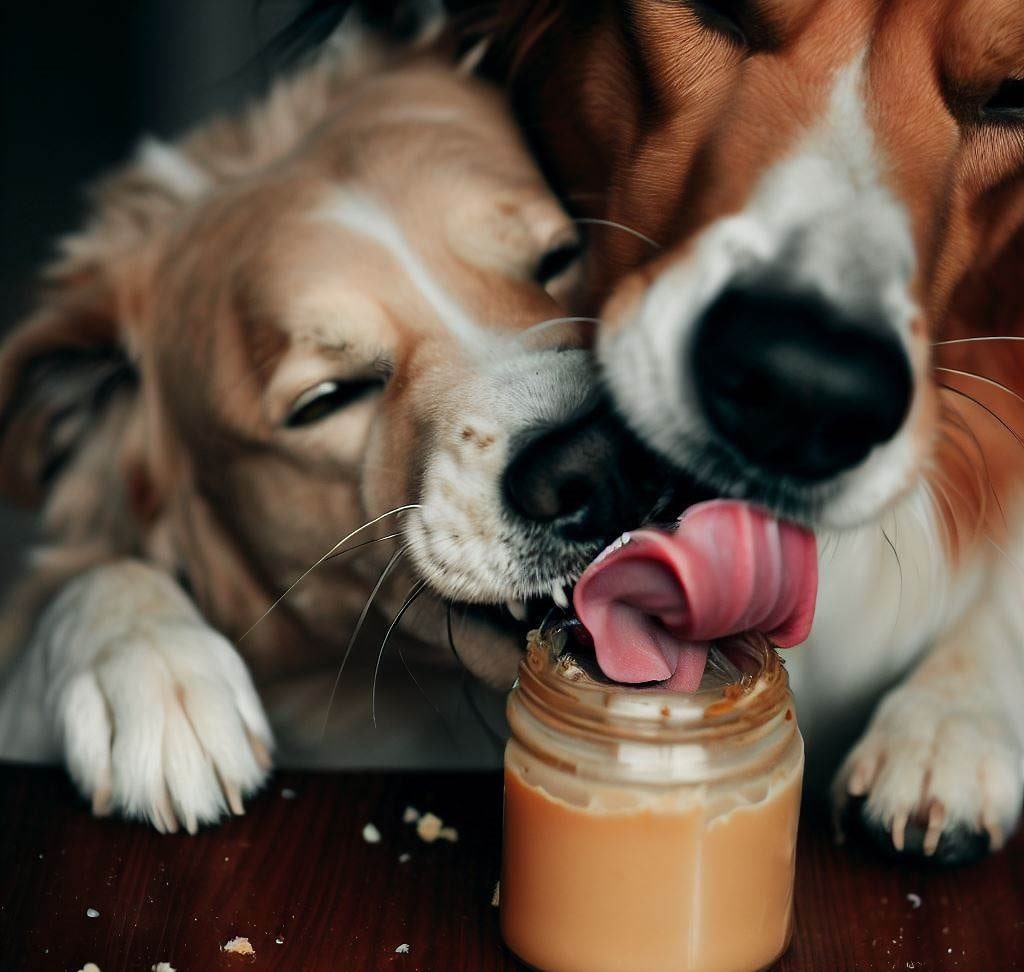
Is peanut butter safe for dogs to eat?
Yes, peanut butter can be safe for dogs to eat if it is free from xylitol and other harmful additives.
Can all dogs eat peanut butter?
Most dogs can eat peanut butter, but it is important to check for any allergies or digestive issues before introducing it into their diet.
Is peanut butter good for dogs?
Peanut butter can be a healthy and nutritious treat for dogs when given in moderation.
How much peanut butter can I give my dog?
The recommended serving size is around one teaspoon for small dogs and up to two tablespoons for larger dogs. Make sure to adjust the portion size based on your dog’s weight and calorie needs.
What kind of peanut butter is safe for dogs?
Natural peanut butter that is low in sodium, sugar-free, and does not contain any hydrogenated oils is safe for dogs.
Can peanut butter cause diarrhea in dogs?
Peanut butter can cause diarrhea in dogs if given in large amounts or if the dog is allergic to peanuts. Introducing peanut butter gradually and monitoring your dog’s reaction is important.
Can peanut butter cause pancreatitis in dogs?
Peanut butter is high in fat and can contribute to the development of pancreatitis in dogs if given in excessive amounts. It is important to give peanut butter to dogs in moderation.
Can peanut butter help with a dog’s bad breath?
Peanut butter does not have any significant benefits for bad breath in dogs, but it can be a tasty treat that provides mental stimulation.
Can puppies eat peanut butter?
Puppies can eat peanut butter, but it is important to check for any allergies or digestive issues before introducing it into their diet.
Can peanut butter be used to give dogs medication?
Yes, peanut butter can be used as a tool for giving medication to dogs. Simply place the medication inside a small amount of peanut butter and let your dog lick it off a spoon or out of your hand.
Can dogs eat peanut butter pretzels?
It is not recommended to feed peanut butter pretzels to dogs, as they often contain high amounts of salt and other additives that can be harmful to your furry friend.
Can dogs eat peanut butter crackers?
Some peanut butter crackers may be safe for dogs to eat in moderation, but it is important to check the ingredients list and avoid any crackers that contain xylitol or other harmful additives.
Can dogs eat peanut butter cookies?
Peanut butter cookies should be avoided, as they often contain high amounts of sugar and other ingredients that can be harmful to dogs. Sticking with plain, natural peanut butter as a treat for your furry friend is recommended.
Conclusion
In conclusion, peanut butter can be a safe and healthy treat for dogs when given in moderation and free from harmful additives such as xylitol. It can provide numerous health benefits, such as protein, healthy fats, and vitamins, and can be used for training and mental stimulation.
As with any new food, it is best to gradually introduce peanut butter and monitor your dog’s reaction to ensure it is well tolerated. If you have any concerns about your dog’s diet, it is always best to consult with a veterinarian.

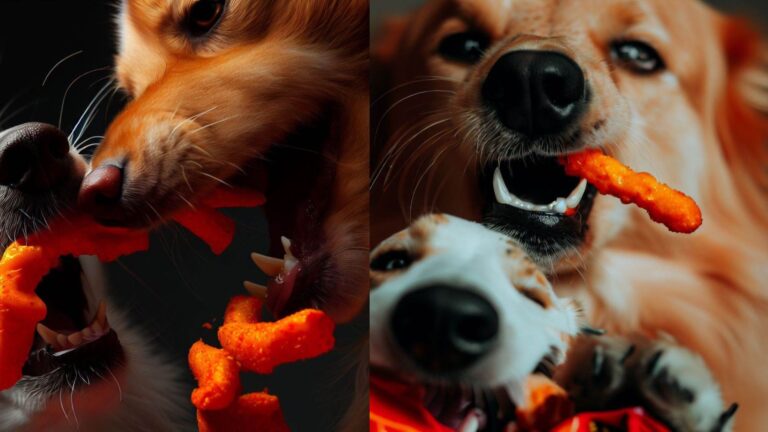
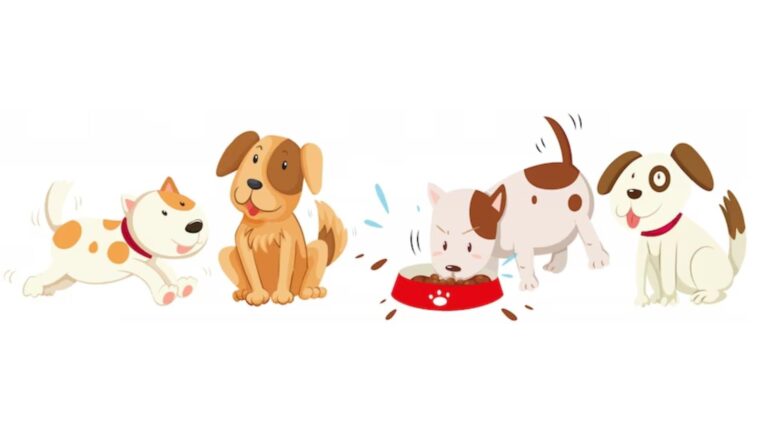
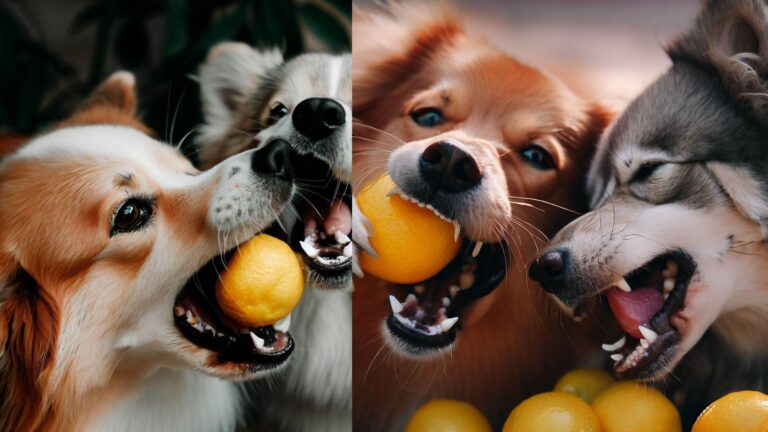
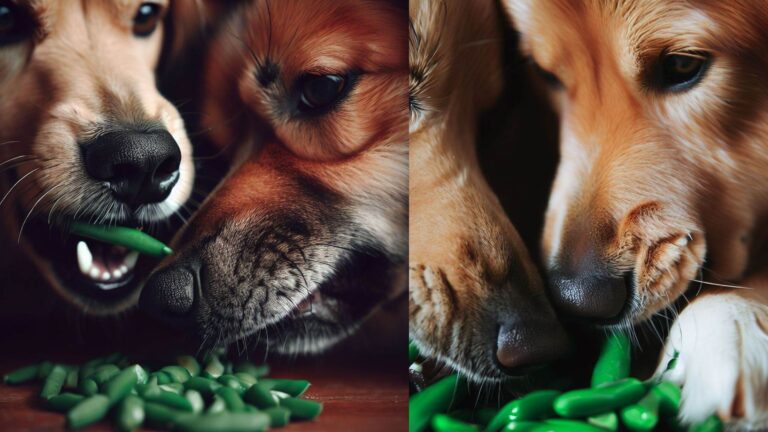
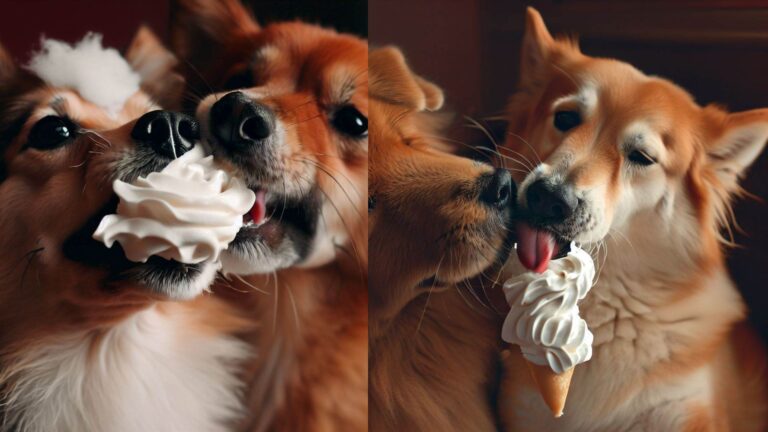
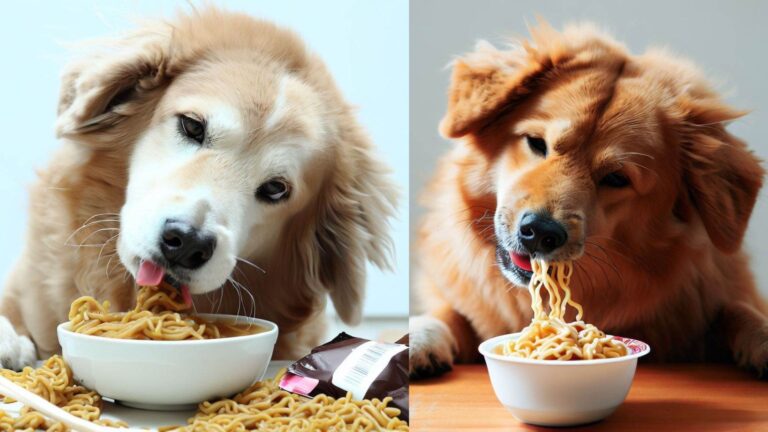
One Comment